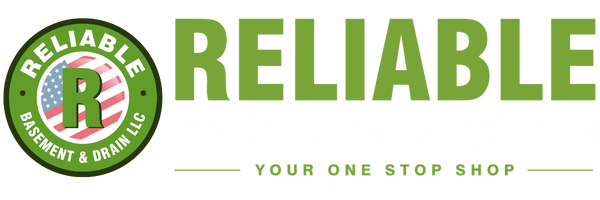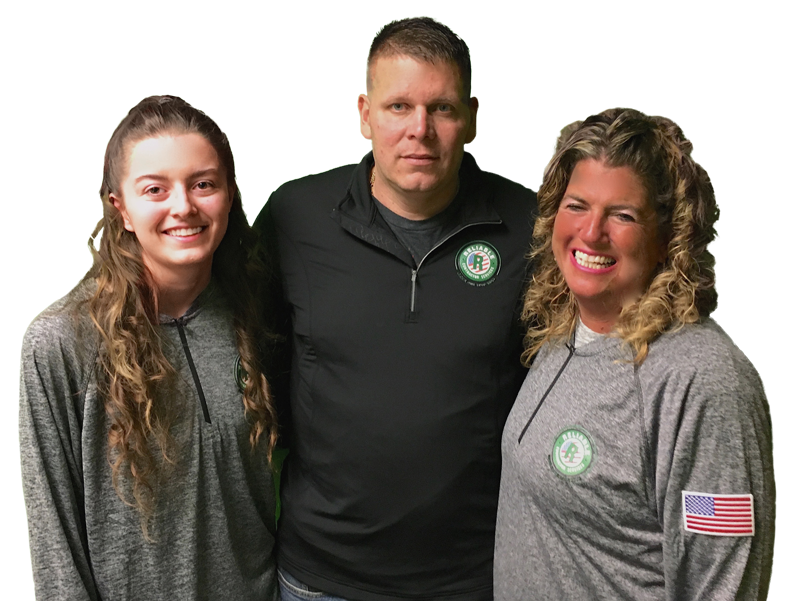What Causes A Sewer Line To Back Up In Your Home?
When you hear an unsettling gurgle from your pipes or notice water pooling in places it shouldn’t be, it might be a sign of a sewer line backup. This common household issue can lead to significant inconvenience and potential damage if not addressed promptly. Understanding what causes these backups is key to prevention and maintaining the health of your sewer system.
What causes a sewer line to back up in homes can vary, but several typical culprits are often to blame. Identifying these problems early can save time and money. This article will explore the most common reasons behind sewer line backups and provide insights on how to prevent them effectively.
Common Causes of Sewer Line Backups
Tree Root Infiltration
Trees add beauty and shade to yards, but their roots can cause trouble underground. Over time, these roots can extend and penetrate sewer lines in search of moisture. If you have large trees near your sewer line, this can easily lead to blockages. You might notice slow drains or odd odors, indicators that roots could be the culprits. Regular check-ups can help detect and resolve these issues early, minimizing disruptions.
Blockages Due To Debris And Grease
Sewer lines aren’t designed to handle everything we throw at them. Common household waste like paper towels, wipes, and grease can accumulate and create stubborn blockages. Imagine your kitchen drain is like a soft sponge. While a little water won’t do any harm, greasing it up can cause problems. Over time, grease coats the inside of pipes, leading to a buildup that restricts water flow. Regular cleanings and mindful disposal practices can help keep your pipes clear and functional.
Aging Sewer Systems
Like everything else in a home, sewer systems age and degrade over time. Older pipes are susceptible to corrosion, cracking, and breaking, which can contribute to backups. Regular inspections become crucial as a home’s plumbing system matures. Checking for wear and planning timely maintenance can extend the life of your system and reduce the risk of unexpected failures.
A mix of proactive care and an understanding of these common issues can go a long way in preventing sewer line backups, keeping your home comfortable and your plumbing efficient.
Heavy Rain and Flooding
Weather can play a big role in sewer line backups, particularly during heavy rainstorms. When excessive rainwater overwhelms the sewer system, it can lead to backups reaching into homes. Living in a place like Cleveland, Ohio, where rain can sometimes be intense, makes it vital to manage water flow effectively during these periods. Installing a good drainage system around your house and ensuring gutters are clear and well-maintained can help divert rainwater away from your sewer line, minimizing the chance of overload.
Sewer Line Damage
Physical damage to sewer lines can also result in unfortunate backups. This can happen for various reasons, such as ground shifts, construction activities nearby, or even accidents from heavy equipment. When the line gets damaged, it becomes an entrance for debris and soil, eventually obstructing the regular flow of wastewater. To prevent such issues, regular monitoring and timely repair of visible surface damage become crucial. Addressing these factors promptly helps keep the system running smoothly.
Preventing Sewer Line Backups
Proactive steps can go a long way in avoiding sewer line backups. Here’s a list of practices that you can integrate into your regular home maintenance routine:
– Schedule routine maintenance that includes sewer line inspections to catch potential problems early.
– Ensure your plumbing is cleaned professionally from time to time to minimize buildup.
– Consider installing a sewer backflow preventer, which acts as a one-way gate that keeps sewage from backing up into your home.
A sewer backflow preventer adds an extra layer of protection. It’s a simple device installed in your sewer line that lets wastewater flow out but not come back in. This can be especially useful in homes that have experienced backups in the past.
What to Do When a Sewer Line Backs Up
If a sewer line backup occurs, taking immediate action can limit damage and stress. First, stop any running water to prevent more wastewater from entering the line. Contact a professional plumber right away. They have the tools and expertise needed to fix the problem efficiently. When hiring a professional, look for someone with experience and good reviews from previous clients.
Keeping Your Home Safe
In homes, keeping sewer lines functioning properly isn’t just for convenience. It’s about safety, comfort, and protecting your property. By understanding and proactively managing the factors that lead to backups, you can maintain a healthy environment for your family. Regular maintenance, attention to weather impacts, and quick responses to problems are your best defenses in warding off sewer line issues. Always stay informed and prepared, and your home will remain a safe haven, free from the headaches of plumbing failures.
To ensure your home stays protected from sewer issues, adding a sewer backflow preventer can be a smart step, especially during periods of heavy rain when backups are most common. At Basement Waterproofing & Plumbing, we provide practical solutions to help keep your plumbing system running smoothly and your home safe from unexpected damage. Contact us today to get started.

